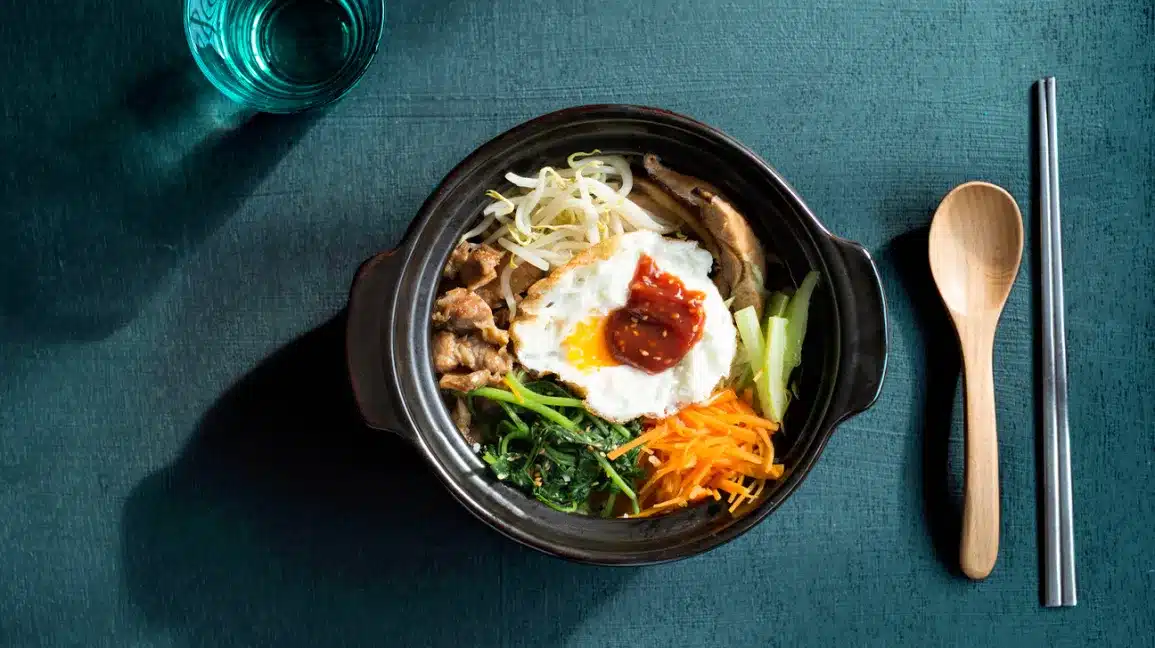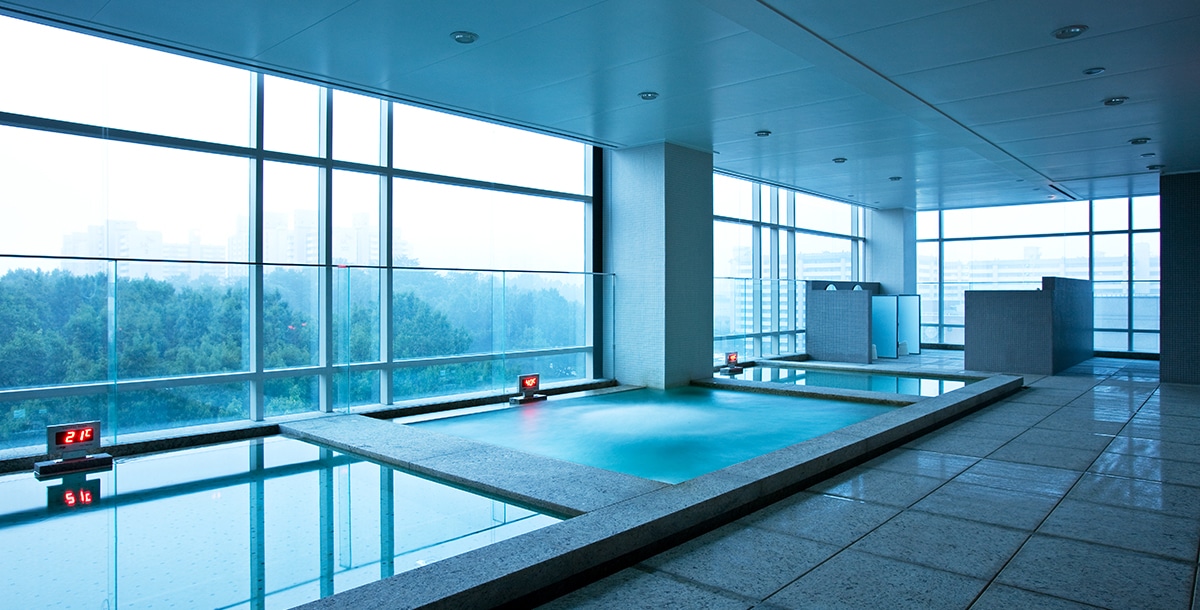Longevity and healthy aging are hot topics these days. The Wall Street Journal recently reported a spike in interest in ice baths while Harvard genetics professor David Sinclair offers a compelling argument for becoming healthier through actions such as calorie restriction, cold therapy, and of course exercise in his bestseller “Lifespan: Why We Age and Why We Don’t Have To.”
But is this new information? And how does it compare with what Eastern medicine has to say about staying healthy longer, especially given that the top three countries with the longest lifespan of its citizens are in East Asia. Based on data from the World Bank, the average life expectancy in Hong Kong/Macao, Japan, and Korea all hover in the mid-80s range while the US lags behind at 76.
Diet and Lifespan from Eastern Medicine Classics
The famous Korean physician Heo Jun (허준) explained in his book “Dongui Bogam,” dated 1613, that food can affect one’s “qi,” or life force. “If the qi from food gets stronger than the original qi, the person gets fat and cannot live long; if the original qi gets stronger than the qi from food, the person gets thin and can live long.“ (곡기승원기 기인비이불수 원기승곡기 기인수이수 穀氣勝元氣 其人肥而不壽 元氣勝穀氣 其人瘦而壽).
Basically, this means if you eat more than your body’s capacity, you’ll gain weight and shorten your lifespan, whereas eating less than your body’s capacity will make you lean and promote longevity. Eating less all the time is not easy, and there are other ways to reap the benefits of this ancient wisdom. Fasting for one day a week or five days a month is very helpful. Also, general undereating (a fasting-mimicking diet or calorie restriction) for one day a week or five days a month is very helpful, but only when you don’t have serious medical conditions like diabetes.
Heo Jun also wrote, “The essence of everyday food makes up one’s essence, which is why the character for essence “精“, is made up of the parts meaning rice (米) and blue/green (靑).” This emphasizes that the essence of our bodies is formed by grains and vegetables.
Zhu Zhenheng, a great Chinese physician from the 14th century, wrote in his medical book “Gyeokchiyeoron”(格致餘論) that the rich and noble people tend to overeat as they please, resulting in numerous diseases, while the poor and common people eat modestly, remaining agile and healthy. Therefore, a simple plant-based diet was considered the fundamental principle for vitality and longevity in Eastern medicine.

Interestingly, recent studies on aging and longevity reaffirm that the number one principle for a healthy and long life is a frugal diet based on plants. However, the anti-aging mechanism does not lie in antioxidant activity, intestinal rest, or detoxification.
The key is turning on the switch of vitality genes.
Turning on the ‘Vitality Genes’ for a healthy long life
Imagine your body as a building under construction. When everything’s okay, with sufficient calorie and amino acids intake, mild and warm (thermoneutral) temperature, and a state of relaxation and rest, the metaphorical manager of your body thinks, “It’s time to prosper and proliferate! Keep the cell division going. Make hay while the sun shines. Strike while the iron is hot!”
However, problems occur when repeated cell division leads to errors and accumulated errors can lead to early aging, cancer, inflammation, and other disorders. Your body then becomes too busy expanding rooms instead of repairing and fixing the errors. Problems and malfunctions get overlooked and unnoticed! As a result, your body becomes weak, fragile, and aged without enough time to fix the errors of construction.
On the contrary, if your body embraces some hardships such as hunger, and/or cold weather, and/or intense exercise, it sends a signal saying, “The situation is not ideal. Stop the cell division and start inspection and repair.” This activates the vitality genes. The more thorough the repair process, the healthier you become.
Koreans have been utilizing cold water therapy for hundreds of years and in every Korean jjimjilbang, you will notice the ajummas and ajuhssis dunking themselves in the cold water as if it were the hot tub! They have grown up with this system and know it’s part of the recipe for good health.

Everything in moderation, even healthy hardships
However, it’s crucial that the hardships -hunger, cold, and exercise- are challenging yet still tolerable, never reaching a point where they harm you. Occasional hunger is beneficial for optimizing a healthy lifespan, but avoiding malnutrition is essential. Enduring cold temperatures is beneficial, but preventing frostbite and hypothermia is vital. Engaging in strenuous workouts without reaching the point of rhabdomyolysis is important. (Rhabdomyolysis is a serious medical condition that occurs when damaged muscle tissue releases its proteins and electrolytes into the blood. This can, in turn, can damage the heart and kidneys and cause permanent disability or even death.) In essence, appropriate stress levels make you stronger. Hardships that do not destroy you will ultimately strengthen you, in most circumstances.
The first principle is to adopt a simple plant-based diet. Choosing a diet that benefits the Earth and future generations also benefits your own health. The key lies in calorie restriction without malnutrition. Aim to eat around 70% of your usual intake. Alternatively, you can experiment with significantly reducing your food intake with many different kinds of intermittent fasting. Fasting for one day a week or five days a month is also very helpful.
One of the many mechanisms behind how acupuncture works is by signaling, “Come on, it’s time to inspect and fix!” This stimulates the body’s natural healing and repair processes.
Now, you can guess what is the opposite of longevity and vitality: indulging in sumptuous feasts, one after another. Repeatedly engaging in lavish meals can silently harm you. It’s no wonder that ailments like gout are called the rich man’s disease which usually results from an overabundant partaking of too much rich foods.
It is not necessary to possess a built-in ice bath for a cold plunge to activate vitality genes. It is enough to simply switch out your usual hot shower with a cold one. If you feel “Oh, it’s damn cold!”, well done, you’ve arrive at the goal. Cold showers also reduce your heating bills and carbon emissions too!
For a bit of fun watch the clip below from the Netflix K Drama “Under the Queen’s Umbrella” where royal princes are given cold baths to make them stronger.





